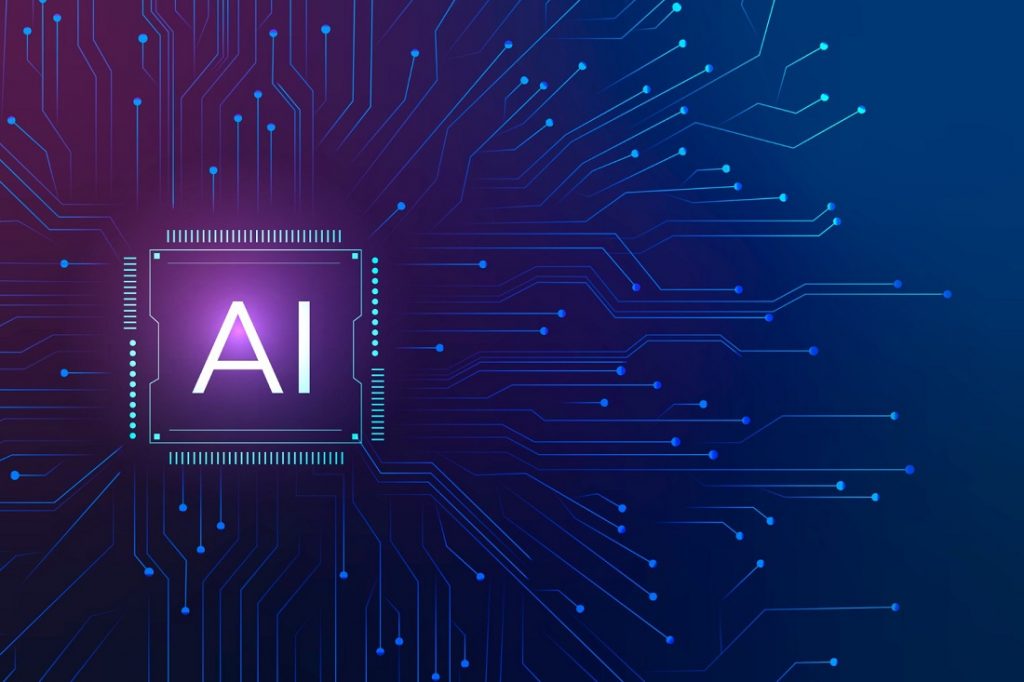In an increasingly digitalized world, Artificial Intelligence (AI) has emerged as a powerful tool that drives numerous aspects of our daily lives. From recommendation systems on streaming platforms to virtual assistants on our mobile devices, AI has transformed the way we interact with technology. However, behind its apparent convenience, there are a series of risks that we must consider. In this article, we will thoroughly explore the potential dangers of using artificial intelligence in our daily lives.

Bias and discrimination
One of the most prominent risks of Artificial Intelligence is its propensity to perpetuate bias and discrimination. Because AI algorithms learn from historical data, they can incorporate existing biases, resulting in unfair or discriminatory decisions in areas such as hiring, credit, and criminal justice.
Invasion of privacy with the use of AI
The growing pervasiveness of AI also raises concerns about invasion of privacy. Connected devices and AI-based surveillance systems can collect and analyze personal data indiscriminately, eroding individuals’ privacy and exposing them to potential abuse.
Unemployment
As AI automates routine and repetitive tasks, the risk of job displacement arises. This can create significant economic and social challenges, especially for those whose jobs are susceptible to automation. It is essential to address these concerns through re-education and creating new job opportunities.
Excessive dependency
Overreliance on artificial intelligence can also be problematic. When we rely too much on technology to make important decisions, we risk losing critical thinking and decision-making skills, which can have long-term negative consequences.
Lack of responsibility
Another major challenge is the lack of accountability in the development and use of AI systems. Opacity in algorithms and lack of adequate oversight can make it difficult to achieve accountability and identify potential ethical or legal issues.
Difficulty explaining AI decisions
The complex and opaque nature of many AI algorithms can make it difficult to explain the decisions they make. This poses significant challenges in areas where transparency and understanding are critical, such as healthcare and justice.
Automation of inappropriate tasks
Indiscriminate automation of certain tasks using AI can lead to unwanted or inappropriate results. It is crucial to ensure that AI systems are designed with care and consideration to avoid negative consequences for users and society at large.
Cybersecurity
The increasing interconnection of AI-powered devices also poses significant challenges in terms of cybersecurity. Vulnerable systems can be subject to malicious cyber attacks, putting user security and privacy at risk.
Malicious use
Additionally, there are concerns that artificial intelligence could be used for malicious purposes, such as information manipulation, sabotage or mass surveillance. It is essential to establish appropriate safeguards and regulations to mitigate these risks.
In summary, while artificial intelligence offers countless benefits and opportunities, it also carries a number of significant risks that must be addressed proactively and responsibly. By understanding these dangers and working together to mitigate them, we can harness the transformative potential of AI while protecting people’s rights, privacy and well-being.
Interested in staying up to date with the latest news and developments in the world of Digital Marketing and Software Development? Follow our blog news to receive regular updates and continue learning about topics like this and many more.